Can your entrepreneurial idea fix an economy in COVID-19 shock?
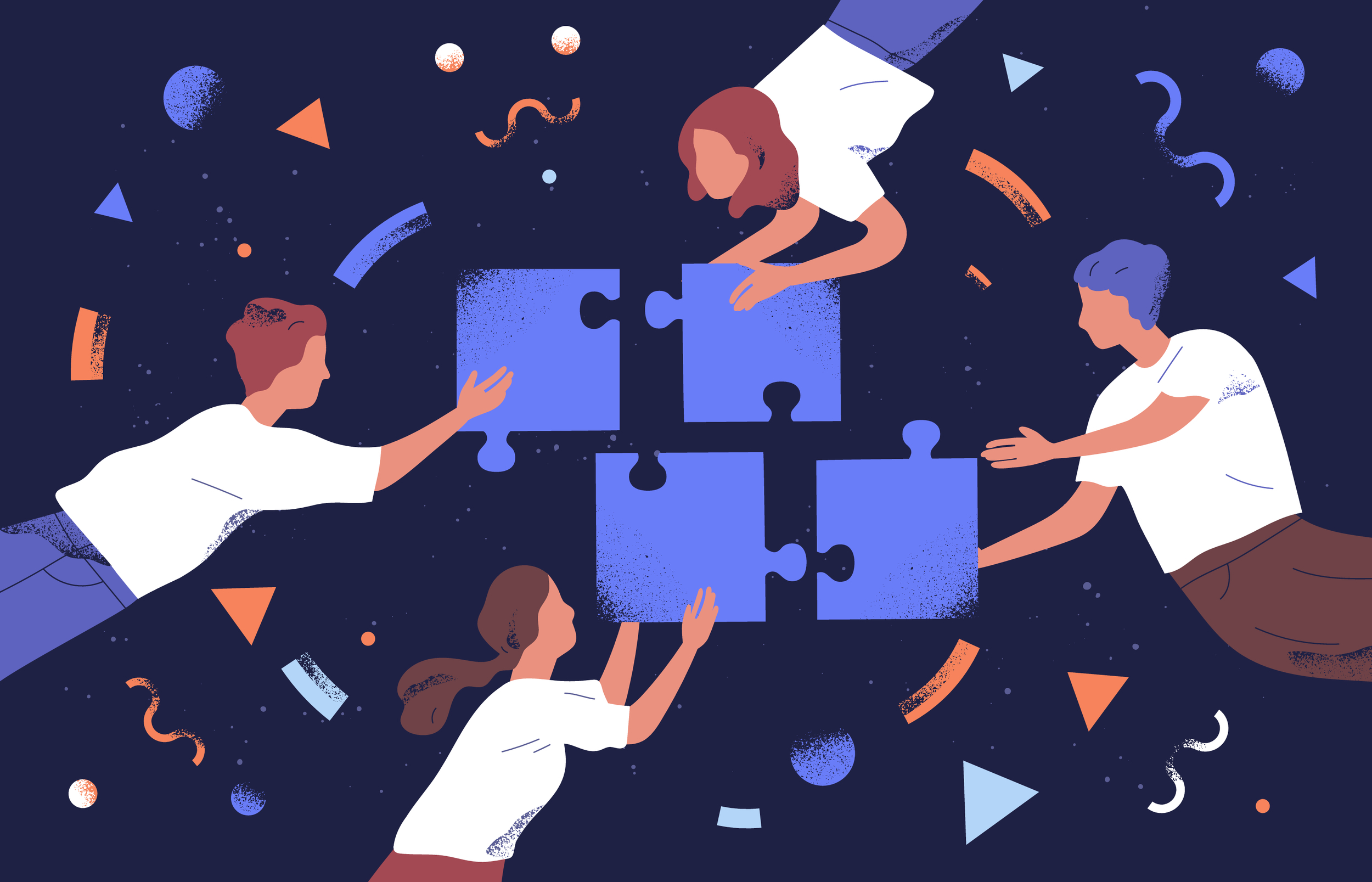
(Illustration: Shutterstock
The team behind the CBS-anchored #covidWISE project has created Ideation Awards, an initiative that invites students to submit entrepreneurial ideas for solving social and economic issues arising in the wake of the pandemic. Four CBS students have already submitted their idea for hosting online museum exhibitions.
At the beginning of the pandemic, start-ups and companies focused their energy on boosting the production of face masks and hand sanitizer. Now that face masks and hand sanitizers are available at almost all shops, new challenges are arising.
People are suffering from loneliness, and the corona saturation point has been reached in the hospitality and culture industries, where businesses are struggling to survive.
And this is where the Ideation Awards enter the picture.
The new award has been developed by the initiators of the CBS-anchored #covidWISE-project, which was launched last summer as a means to offer immediate mentoring and support to innovative students who want to solve economic and social issues caused by the crisis. And now the team behind it wants to award students for their ideas.
“We invite any student to submit an idea to be considered for the award. Hopefully, some of the ideas will turn into actual start-ups and be implemented, but that is actually not the point. The point is more to inspire students into seeing that entrepreneurship can solve social issues, as well as economic issues,” explains Kai Hockerts, Professor in Social Entrepreneurship and coordinator of the #covidWISE-project.
The award has been open for submissions for a little while, and already four CBS students who have completed a course on social tourism have submitted their entrepreneurial idea: DIGITOURS.
With DIGITOURS, Emilija Bogdanoviciute, Ivana Galusová, Yoana Milenova and Luboš Chovan want to create a platform from where museums can host online guided tours of their exhibitions while potential visitors are waiting to be allowed back to the museums.
“We wanted to solve two problems with this idea; people at the museums might have lost their jobs, due to no ticket sales, and people at home are bored. So we came up with the idea of a platform for guided tours and live sessions at museums where audiences can ask questions,” says Ivana Galusová, who is studying Business Administration and Service Management at CBS.
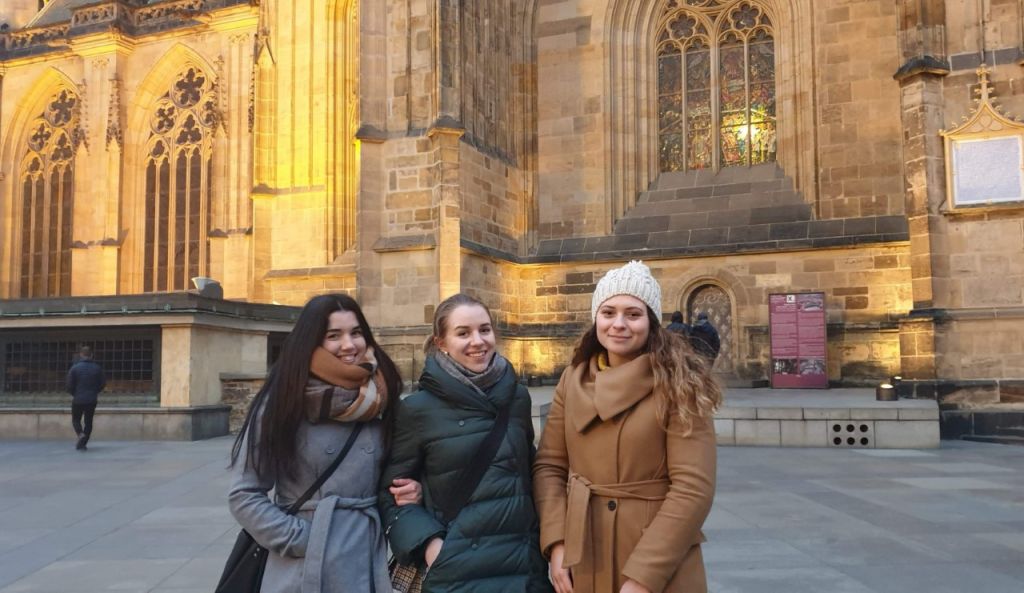
(Photo: Private)
“Potentially, if many museums joined the idea, you would be able to see exhibitions from all around the world,” adds Emilija Bogdanoviciute, who is studying for the same program.
According to the team behind the Ideation Awards, participants are offered a vibrant community, tailored mentorship and tools needed for business modelling, as well as a chance to win DKK 20,000 for Best Idea and a runner-up can win DKK 5,000. The deadline for submissions is on May 20 and the winner will be announced in June. Everything will take place online.
New cooking habits and work life
Kai Hockerts explains that the ideas will be judged based on various parameters. For example how the students link the social issue to the crisis.
“If someone suggests making a microfinancing fund to address poverty in Denmark, the students need to show that they understand who is poor and why, and whether access to money is actually the main problem. Is it a long-term problem or a preliminary problem?” he says and gives another example:
“Maybe due to the pandemic, we will see a shift in people’s cooking habits. For example, for a long while, I have been considered getting Aarstiderne’s meal boxes, and because of corona, I have now signed up, but will that affect my habit of eating out? Maybe. And if so, how will that affect the selection of restaurants in my neighborhood? Maybe, if I want the local restaurants to stay afloat, I need to do something else, like owning a share of them. It is issues like these we would like to see addressed through students’ ideas,” he says.
Emilija Bogdanoviciute explains that the team is excited to see how their idea will do in the competition, but whether they win or not, they have already learned a great deal.
“Coming up with this idea has been different from just reading books. For example, when we carried out the financial projections for our idea, we realized that it would take about three years before we would break even and be able to pay ourselves wages. We would need a lot of revenue, and that was great learning,” she says.



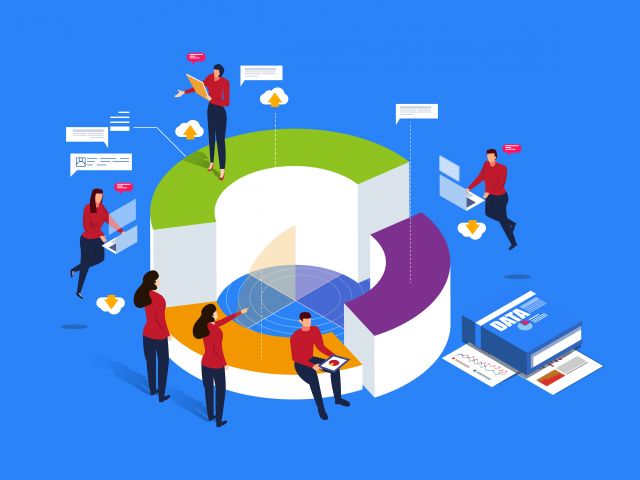
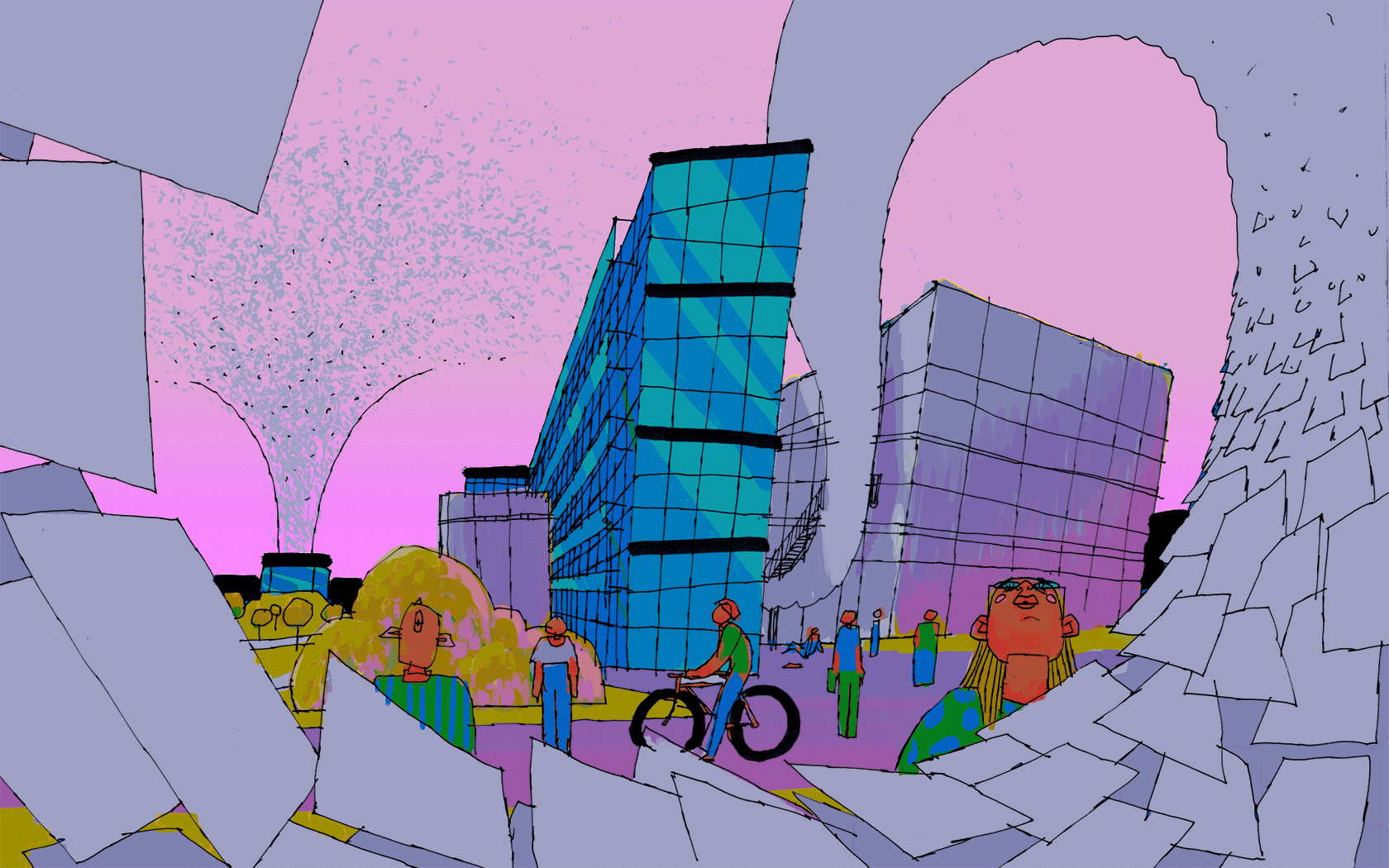
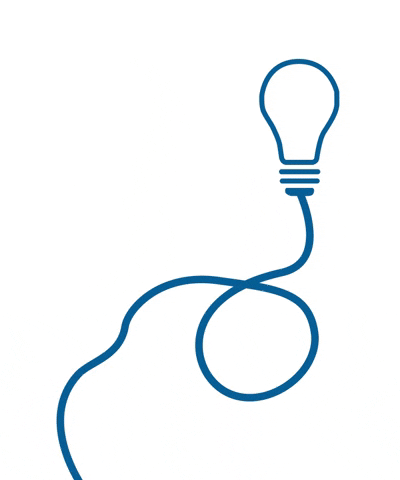
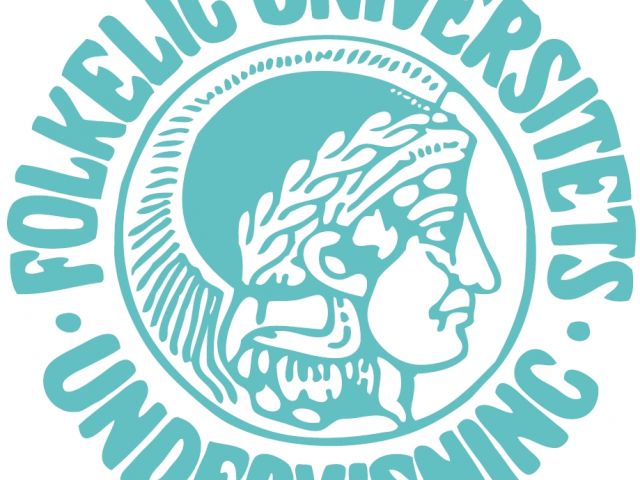
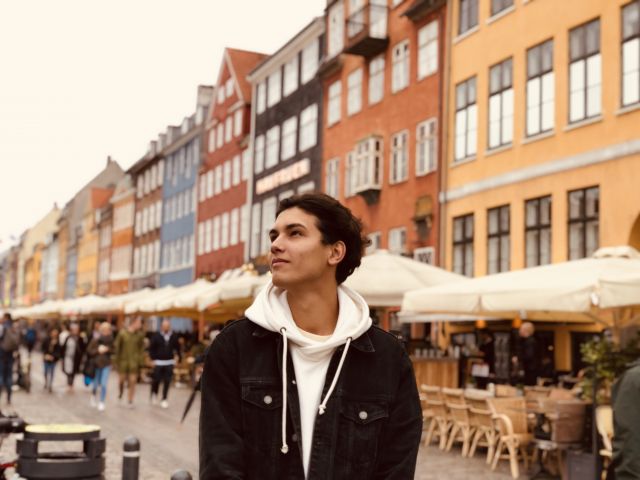
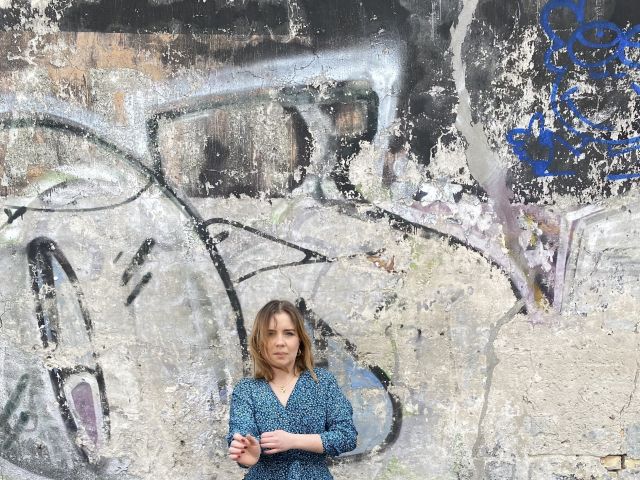




























































































































Comments